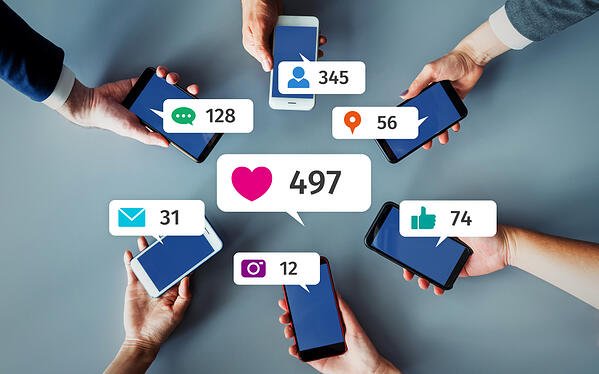In the digital age, social media platforms have become ubiquitous, shaping not how we communicate, but also how we perceive our self-worth and happiness. The allure of social media lies partly in its immediate feedback system, where likes, shares, and comments provide instant validation. This virtual approval can have a profound impact on our emotional well-being, influencing how we view ourselves and our lives. Research has shown that the pursuit of social media validation can become a significant driver of happiness or its absence. The concept of social media likes as a measure of self-worth is not new. Each notification and like offers a fleeting moment of affirmation, creating a dopamine-driven feedback loop that can be both exhilarating and addictive. This cycle of seeking approval can lead to heightened self-esteem when we receive positive reinforcement and, conversely, to distress when engagement is lacking. The constant comparison to others, fueled by the curated nature of social media, exacerbates these feelings.

Users often present an idealized version of their lives, leading others to compare their own reality to these polished images. This comparison can distort self-perception and create unrealistic expectations, potentially diminishing overall life satisfaction. The impact of social media likes on happiness can be understood through several psychological lenses and Visit Website. From a cognitive perspective, the need for external validation can overshadow intrinsic sources of self-worth and satisfaction. When our happiness becomes contingent on the approval of others, it shifts the locus of control away from ourselves and places it in the hands of our online audience. This external dependency can create a fragile sense of self-esteem that fluctuates with the ebb and flow of online interactions. Additionally, the pressure to maintain a positive online image can lead to stress and anxiety, further complicating the relationship between social media engagement and genuine happiness.
On the flip side, social media can also offer positive benefits when used mindfully. It can foster connections, provide support, and offer a platform for self-expression. For some, social media serves as a source of community and validation that contributes positively to their sense of belonging and well-being. The key lies in balancing online interactions with real-world relationships and maintaining a healthy perspective on digital validation. To mitigate the potential negative effects, it is crucial to cultivate self-awareness and establish boundaries with social media use. Strategies such as setting limits on screen time, curating social media feeds to include positive and diverse content, and focusing on offline activities can help maintain a healthier balance. By shifting the focus from seeking virtual approval to nurturing genuine connections and self-acceptance, individuals can better navigate the complex interplay between social media and happiness. Ultimately, while social media likes can influence our mood and self-perception, it is within our control to manage their impact and foster a more resilient and authentic sense of well-being.
